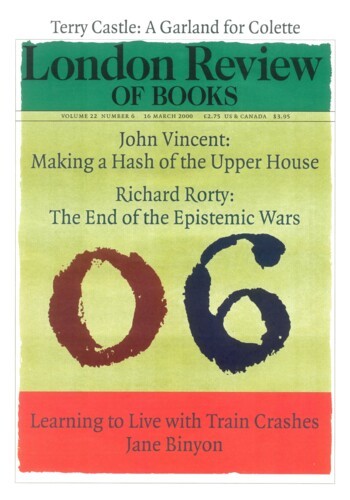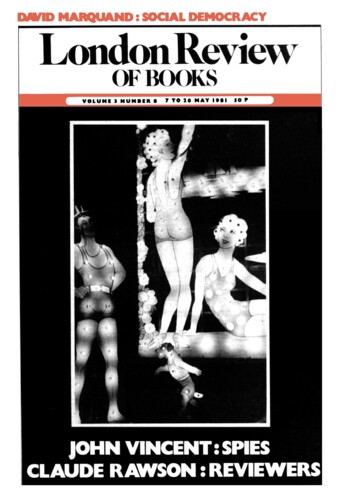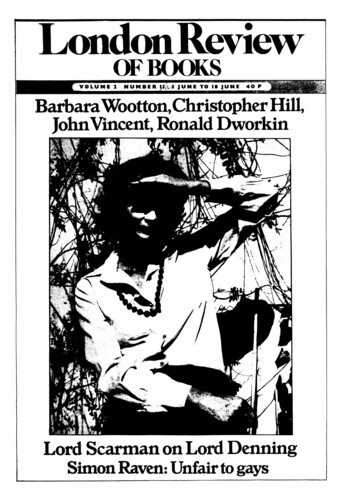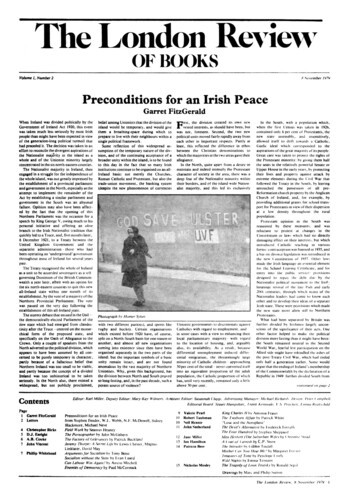In one sense, as the advertising claims, this is ‘the only book to tell the full story of the Jeremy Thorpe affair’, for there is no other book that tells that story. Written by three journalists from the Sunday Times, it presents the existing state of knowledge, but tidied up and reduced to order, and with some ‘investigative’ embellishments probably added. Originality is neither claimed nor indicated, but except where inhibited by the lawyers’ red pencil this is a balanced and useful account of the successive phases of ‘the Thorpe affair’. It is not a biography of Mr Thorpe, let alone a political biography, but only an account of a particular chapter in his life, linked to an account of a trial and its background. If it is a biography of anyone, it is of Bessell and of Scott, who come alive on the page in a way that Mr Thorpe does not.
In one sense, as the advertising claims, this is ‘the only book to tell the full story of the Jeremy Thorpe affair’, for there is no other book that tells that story. Written by three journalists from the Sunday Times, it presents the existing state of knowledge, but tidied up and reduced to order, and with some ‘investigative’ embellishments probably added. Originality is neither claimed nor indicated, but except where inhibited by the lawyers’ red pencil this is a balanced and useful account of the successive phases of ‘the Thorpe affair’. It is not a biography of Mr Thorpe, let alone a political biography, but only an account of a particular chapter in his life, linked to an account of a trial and its background. If it is a biography of anyone, it is of Bessell and of Scott, who come alive on the page in a way that Mr Thorpe does not.





